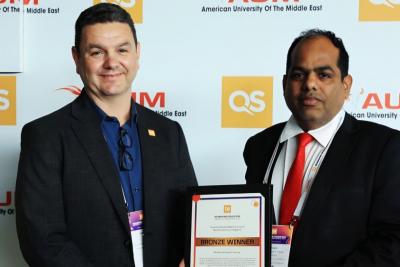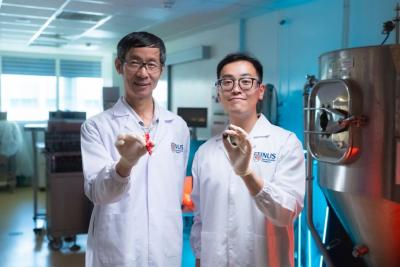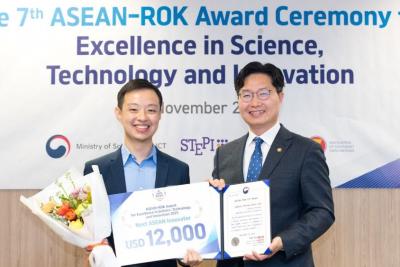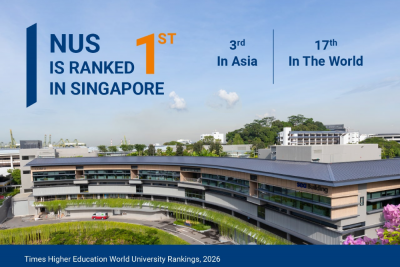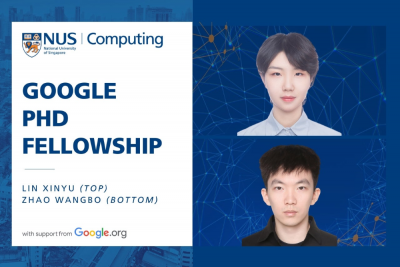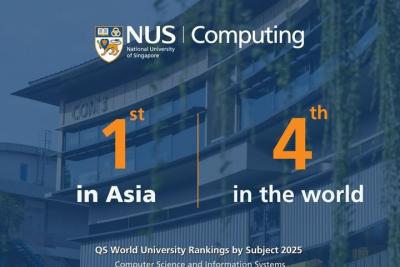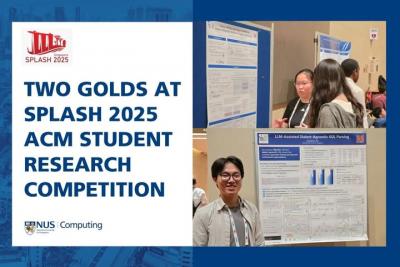Giáo sư Rong Li, Giám đốc Viện sinh cơ học (MBI) tại NUS được bầu làm Chủ tịch Hiệp hội Sinh học Tế bào Hoa Kỳ năm 2026
Professor Rong Li, Director of the Mechanobiology Institute (MBI) at the National University of Singapore, has been elected by members of the American Society for Cell Biology (ASCB) to serve as President of the Society in 2026. She will serve as President-Elect on the ASCB Executive Committee beginning 1 January 2025, before starting her term as President on 1 January 2026.
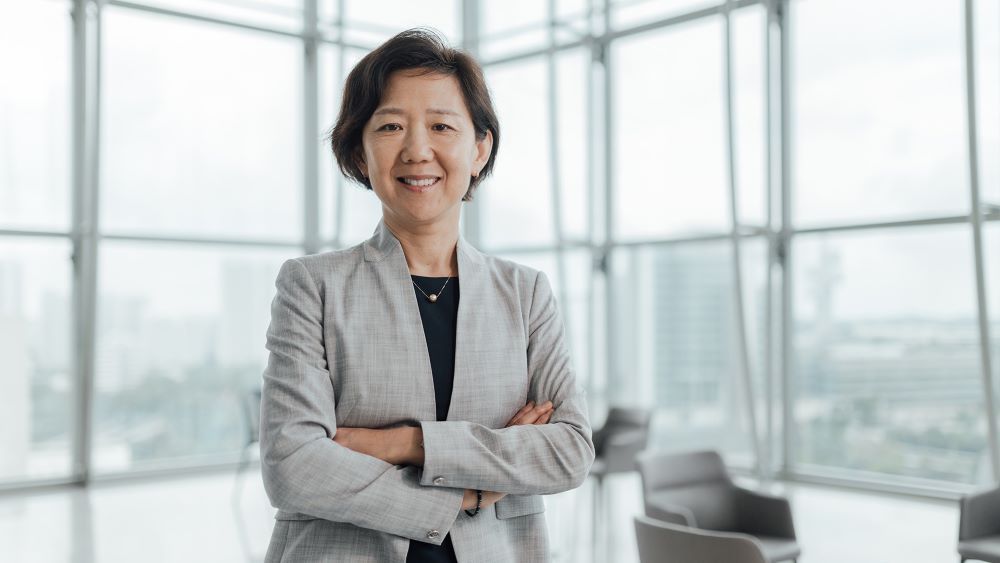
Professor Rong Li has been elected by the American Society for Cell Biology (ASCB) to serve as President in 2026.
Prof Li has the rare distinction of being the first ASCB member from Singapore to serve as President, and she is also the first member from an institution outside of the United States to take on the role. The ASCB president serves three consecutive, one-year term positions: President-Elect; President; Past-President. The position of President, the highest elected officer of the society, provides leadership to staff and volunteers to advance the mission and vision of the ASCB.
First established in 1960, the ASCB aims to serve as a platform for a diverse, global and multidisciplinary scientific community focused on the cell, the basic unit of all life. Now comprising 9,000 members worldwide, 32 past or current ASCB members have won Nobel Prizes in medicine or in chemistry.
Prof Li said, “Serving as ASCB’s President will be a great honour because ASCB is one of the most acclaimed international scientific associations in basic biological research, and my election as President confers the highest vote of respect and confidence by my peers and colleagues around the world. I also feel a great sense of responsibility, as well as pride, to serve this organisation that has historically played an important role in the advancement of cell biology.”
“Cells are the smallest, yet most complete and self-replicating, building blocks of life. Cell biology is the foundation to diverse disciplines of biological research and holds the key to the treatment of virtually all human diseases. As ASCB President, I hope to put a strong effort to help the Society to expand its impact and outreach globally and fulfill its mission to be a diverse and multidisciplinary scientific community,” she added.
Prof Li has received accolades from ASCB previously, marking a testament to her ongoing commitment and contributions to the field. In 2022, she was elected as an ASCB Fellow; in 2019, she received the Sandra K Masur leadership award. The Sandra K Masur leadership award, in particular, recognises outstanding scientific achievements, along with a record of active leadership in mentoring women and individuals from underrepresented groups in their scientific careers.
Prof Li has served as the Director of MBI since 2019. She joined NUS from Johns Hopkins University where she was a Bloomberg Distinguished Professor serving as the Director of the Center for Cell Dynamics in the Johns Hopkins School of Medicine. A globally respected leader in her field, Prof Li has 30 years of independent research on cellular dynamics and mechanics employing interdisciplinary approaches.








